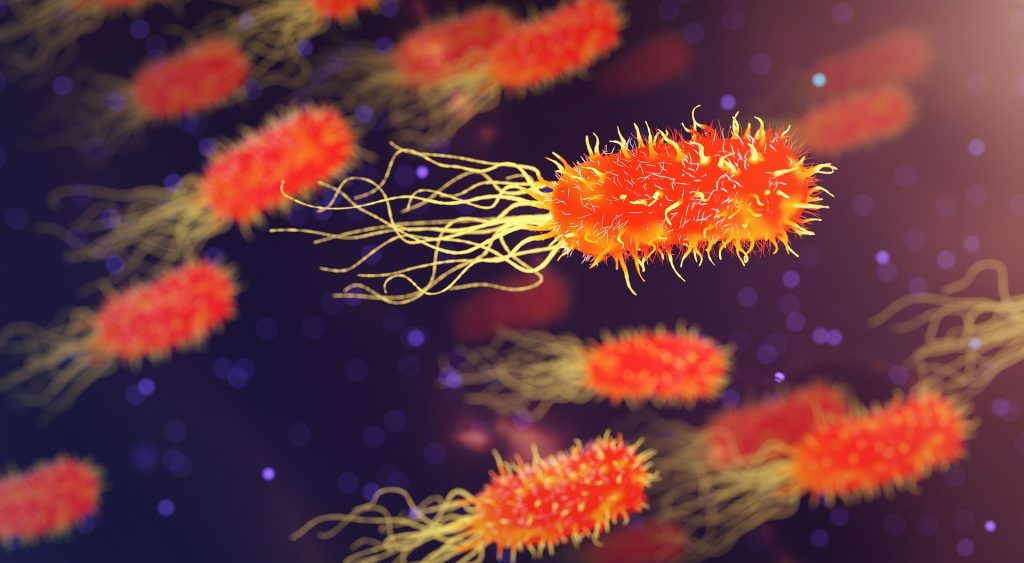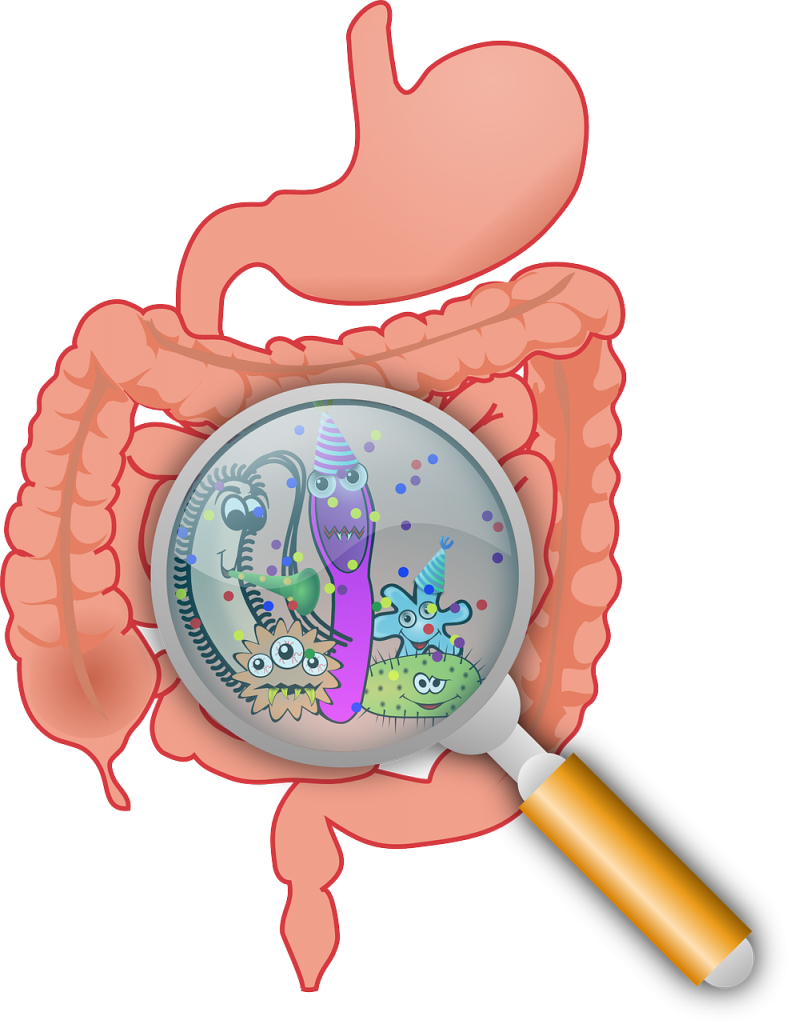Let’s GUT into It
August 5, 2020
By Guest Blogger Bolu Ishola
There is an old saying that goes, “you are what you eat”, but in reality you are what your gut can digest. Having a low-functioning gut can result in many issues within your body, not just your digestive system. Conditions like arthritis, depression, weight gain/loss, heart disease, and more can be tied back to gut health. The role of your digestive system is to breakdown food into the nutrients that your body needs to properly function. If you have IBS, inflammation, or food sensitivities, that is a sign that your gut is low functioning and probably needs some healing.

Your gut is a microbiome, meaning that it includes many different types of bacteria and microorganisms that play a huge role in the digestion and regulation of our body. The good bacteria do more than just help breakdown food into vitamins, minerals and nutrients that are essential for your body. They also help fight off the bad bacteria.
Your gut and your brain are connected. One does not control the other, but rather they work in a reciprocal relationship. Your brain sends signals to the gut to allow the breakdown of food, absorption and blood flow to occur regularly. Your gut also communicates with the brain for hormonal changes, feelings, and thoughts. Anxiety and depression can also be symptoms of an unhealthy gut and vice versa.To keep your gut in an upright state, both diet and your mental state have to be healthy. Working with a therapist, dietitian, or physician is key to getting the help you need for any irritations, sensitivities, or bloating.

Steps to a Healthy Gut
- Remove food triggers. This could be dairy, highly processed foods, sugar, FODMAPs and alcohol.
- Replace your irritating diet with healthful foods. Eating a variety of vegetables, fermented foods, and even taking digestive bitters or enzymes can help give your gut what it needs to start functioning optimally.
- Slowly reintroduce bacteria that is good for your gut microbiome..This can be done by taking approved probiotic supplements and eating probiotic rich foods like yogurt (with active and live cultures), sauerkraut, or drinking kombucha as a midday snack.
- Consult with a gut health dietitian! They can help you really dig deep in selecting supplements, foods, and overall lifestyle changes that are fit for YOU.
Featured Recipe: Ice-Cold Lassi
Now that we gut into it, try this simple, delicious, probiotic beverage that is perfect for these hot summer days! Enjoy!
Subscribe to our newsletter
Get seasonal recipes, new trends in food and fitness, and dietitian jokes. There’s no spam, and you can unsubscribe at any time.
